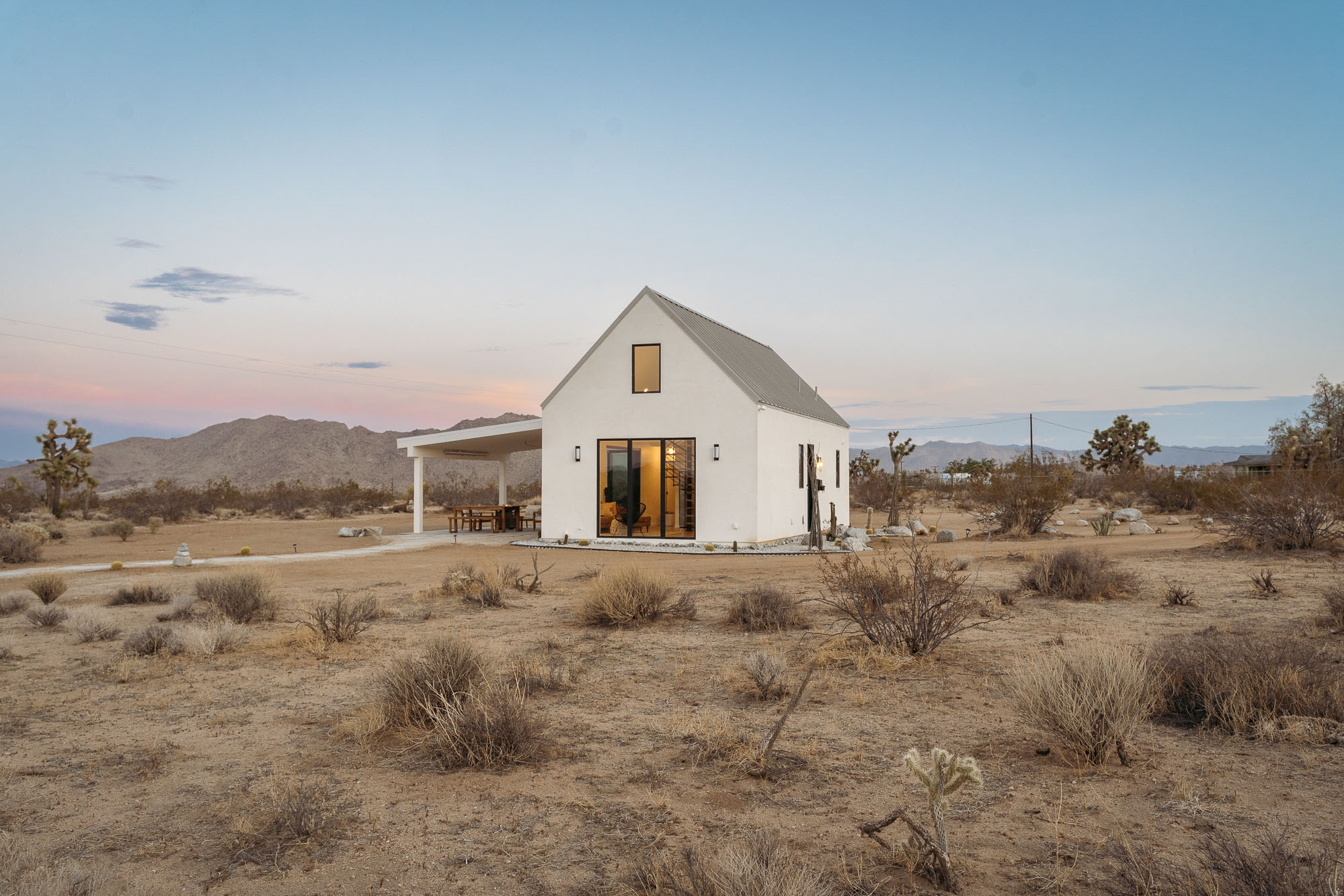Airbnb will be introducing a new cancellation policy on June 6 for weather-related events and government travel restrictions.
The “Major Disruptive Events Policy” would enable guests to cancel reservations and receive refunds when a hurricane or natural disaster triggers government travel restrictions or leads to mass outages of utilities, Airbnb said Thursday.
These guest cancellations would be valid even if the hosts’ cancellation policies stated otherwise, according to Airbnb.
“Now, the policy will explicitly apply to foreseeable weather events, like a hurricane during hurricane season, that result in another covered event happening, like a government travel restriction or large-scale outage of essential utilities,” Airbnb stated. “This means guests with eligible reservations can cancel and receive a refund and Hosts can cancel without fees and related consequences.”
Cancellations During Weather-Related Events
The new policy is an update to Airbnb’s “Extenuating Circumstances Policy.” Airbnb Head of Community Policy Juniper Downs said in a statement that it is meant to make Airbnb’s policy consistent with industry standards.
“The changes to this policy, including its new name, were made to create clarity for our guests and Hosts and ensure it’s meeting the diverse needs of our global community,” Downs said. “Our aim was to clearly explain when the policy applies to a reservation, and to deliver fair and consistent outcomes for our users.”
The updated policy would also come into play for declared public health emergencies and epidemics; government-imposed travel restrictions (not advisories); military actions and other such hostilities; large-scale loss of utilities; and natural disasters.
“When a large-scale event occurs, we assess the situation to determine whether the Major Disruptive Events Policy applies,” the updated Airbnb policy states. “If it does, we activate the Policy for the impacted area and timeframe where we anticipate that the Event will prevent or legally prohibit completion of reservations.”
The updated policy would also enable guests to cancel reservations mid-trip during a covered event. They would get refunds for nights that they didn’t stay at the property.
The policy does not apply when an airline goes bankrupt, when a guest has an illness or injury, if the weather event doesn’t impact the property location, when the government issues a travel advisory, or when a guest gets called for jury duty, for instance.
It likewise doesn’t come into force when a government declares a health emergency but the disease is endemic, such as the flu in the U.S. or malaria in Thailand.
Covid-19 Not Covered
Airbnb explicitly stated that the new policy does not cover Covid-19.
Airbnb was the subject of a host backlash during the early days of the pandemic when it provided refunds or credits to guests, and left many hosts scrambling to pay mortgages and keep their businesses running.
Airbnb CEO Brian Chesky apologized to hosts on March 30, 2020, for not consulting them on the initial response to Covid-19.
But Airbnb reversed the policy later. If guests made reservations after May 31, 2022, for example, a host’s cancellation policy determined whether there would be a refund when Covid-19 impacted the guest’s travel plans. That policy won’t change.
Subscribe to Skift Pro to get unlimited access to stories like these
{{monthly_count}} of {{monthly_limit}} Free Stories Read
Subscribe NowAlready a member? Sign in here
Subscribe to Skift Pro to get unlimited access to stories like these
Your story count resets on {{monthly_reset}}
Already a member? Sign in here
Subscribe to Skift Pro to get unlimited access to stories like these
Already a member? Sign in here
